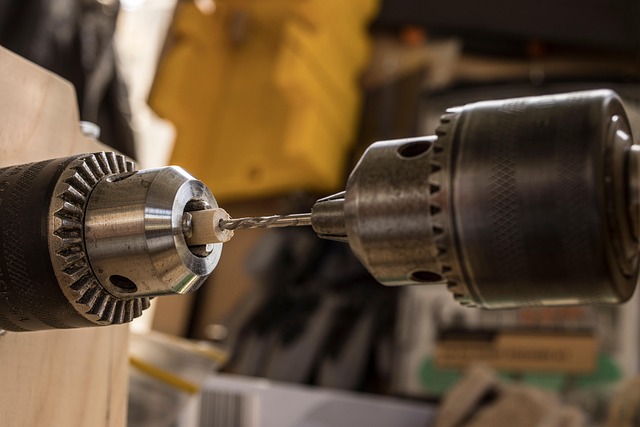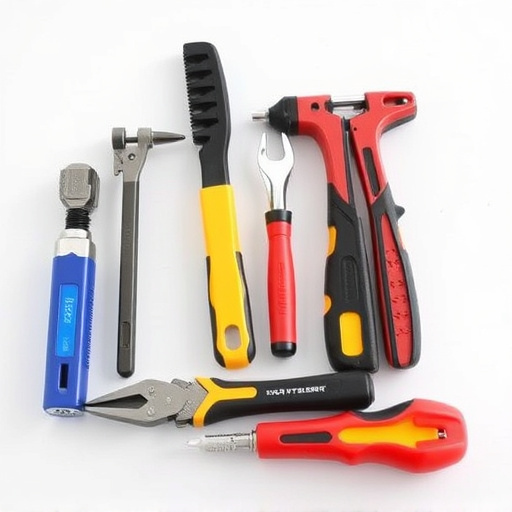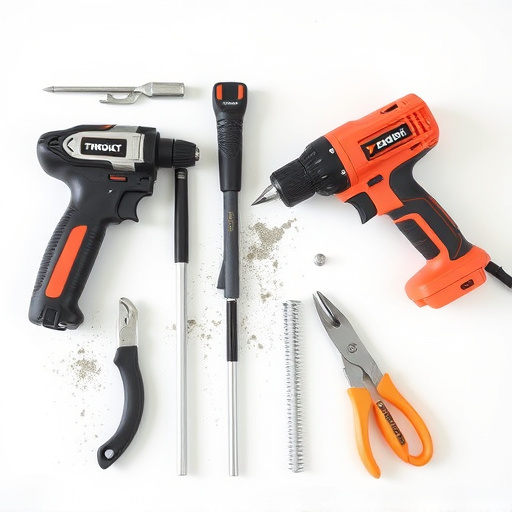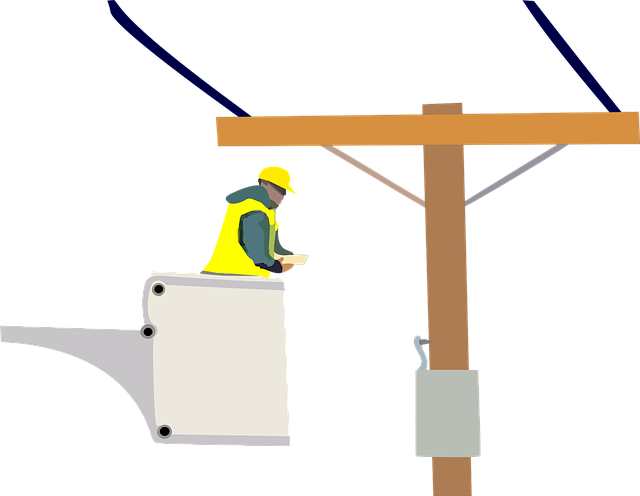Diminished value claims refer to the reduced resale value of a vehicle after damage or repair, influenced by initial damage extent, repair quality, age, and market trends. Car owners should understand their rights, gather repair estimates, and review policy specifics when making such claims, as insurance coverage varies.
“After a vehicle repair, you might wonder if your car’s value has been affected. This is where ‘diminished value’ comes into play, representing the reduced market worth of a vehicle due to damage or repairs. This article guides you through the intricate world of diminished value claims, offering insights on understanding this concept, evaluating its impact on resale value, and navigating the rights and processes involved.
We’ll explore how to assess if your car’s value has declined post-repairs and provide a step-by-step approach to making successful diminished value claims.”
- Understanding Diminished Value in Vehicle Repair
- Evaluating Declined Resale Value After Repairs
- Navigating Diminished Value Claims: Rights and Process
Understanding Diminished Value in Vehicle Repair

Diminished value, often referred to as reduced vehicle value, is a term that every car owner should be familiar with, especially after an accident or repair. It describes the decrease in a vehicle’s overall worth following damage or extensive maintenance. When a car undergoes collision repair at a trusted car body shop or visits a collision repair center, it might not simply return to its pre-accident condition. Even with successful dent removal and meticulous restoration, the vehicle’s value may not fully recover. This is because insurance companies and potential buyers often consider the historical service record of a car, and any incident that causes damage can leave a mark.
After repairs, factors like the type and extent of the initial damage, the quality of the repair work, and the age of the vehicle all contribute to its diminished value claims. For instance, while a small dent might be quickly fixed by a professional dent removal service, it could still affect the car’s resale value. Similarly, extensive repairs or replacements, such as those required after a serious accident, can result in a more significant reduction in the vehicle’s overall worth. Understanding these dynamics is crucial for both car owners and insurance providers when navigating diminished value claims.
Evaluating Declined Resale Value After Repairs

After undergoing auto body repairs or collision damage repair, car owners often worry about the potential impact on their vehicle’s resale value. This is a valid concern, as diminished value claims can significantly affect how much a car is worth in the secondary market. Evaluating this decline requires a nuanced approach, considering various factors that influence a vehicle’s desirability and worth to prospective buyers.
One of the primary aspects to assess is the extent of the original damage and the quality of the repair work. Minor dents or scratches that were efficiently fixed with precision may not have a substantial long-term effect on resale value. However, extensive collision damage or subpar repair techniques could leave visible traces, such as paint inconsistencies or structural weaknesses, which might deter potential buyers. Additionally, factors like market demand for the specific make and model, overall vehicle condition, and regional trends in car values play a crucial role in determining how much a vehicle’s value recovers after repairs.
Navigating Diminished Value Claims: Rights and Process

Navigating diminished value claims after vehicle repairs can be a complex process for car owners. It’s important to understand your rights and the steps involved in making such a claim. When a vehicle undergoes significant autobody repairs, it may suffer residual depreciation, impacting its overall value. This is where diminished value claims come into play.
The process typically starts with gathering all relevant documentation, including repair estimates and appraisals from reputable auto repair shops. You’ll need to demonstrate the extent of the damage and the resulting decrease in your vehicle’s value. Many insurance companies offer coverage for diminished value, but the specifics vary. It’s crucial to review your policy carefully or consult an expert to guide you through this process, ensuring a smooth transition towards recovering the loss sustained from these automotive repair services.
After delving into the intricacies of diminished value in vehicle repairs, it’s clear that understanding and managing this decrease in resale value is a crucial aspect of auto ownership. Knowing how to evaluate post-repair resale value and navigating the claims process empowers owners to assert their rights. Effective management of diminished value claims can ensure that vehicle owners receive fair compensation for necessary repairs, maintaining the financial integrity of their investment.













